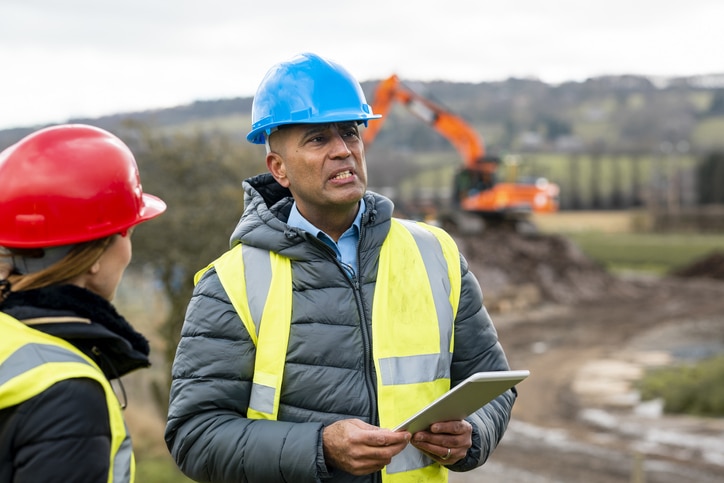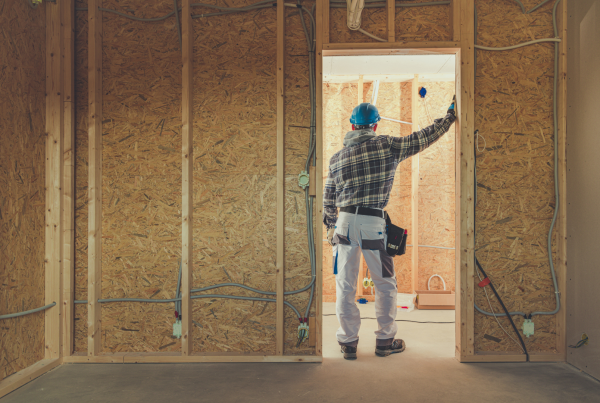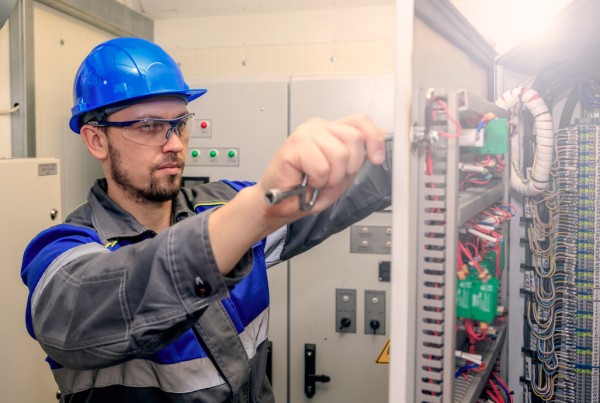Electrical engineers are normally tasked with cleating sophisticated electrical systems, high-voltage equipment, lighting systems, and more. On a construction site, however, the scope of responsibilities can increase considerably.
Whether it is a residential, commercial, or industrial site, elements such as lighting and other fixtures can be installed fairly easily. However, the internal workings of the system, the components that go into it, and all the safety systems to be set in place all require special consideration and expertise to install.
Furthermore, the clutter in construction sites can also lead to confusion and increased health hazards. So let’s take a closer look at the role of electrical contractors in large-scale construction sites and what they can truly help you accomplish.
Role of Electrical Contractors in Construction Sites
At construction sites, electrical contractors assign a senior electrical site engineer that directs and oversees all electrical projects, designs and approves systems, resolves issues, and makes sure that client deadlines and specifications are met.
Their presence is also crucial for ensuring a balance between project management and engineering goals. The chief engineer usually takes it upon themselves to ensure code compliance as well. Depending on the client’s budget, a dedicated compliance officer may also be hired.
Designing Electrical Systems
High-voltage systems cannot be designed by any ordinary person or engineer, especially if there is no existing electrical infrastructure or layout. Industrial, commercial, and residential layouts are extremely different from each other, and things become even more complicated when the sites are large-scale.
Electrical contractors work closely with project managers, designers, and construction contractors to incorporate essential electrical elements into the blueprints or designs.
Resolving Existing & Future Electrical Issues
As electrical systems get incorporated, engineers can identify potential issues using a wide range of tools and techniques. Any issues that arise during incorporation and potential issues in the future are handled by chief engineers while the rest follow their lead.
If a system is being upgraded, electrical contractors try to determine if there is anything salvageable in the older system to help save costs and time.
System Stress-Testing
Electrical service providers work on the project quite extensively throughout the construction process. From installing the necessary electrical architecture to testing it every step of the way, we make sure everything is working as per client specifications.
Once the construction process is near completion, we conduct a final inspection of the whole electrical system. Using specialized tools, we stress-test everything by simulating the expected use. Every outlet and breaker system is tested rigorously to ensure resident and employee safety, along with seamless power delivery.
Not every electrical contractor does that.
It is the primary responsibility of an electrical contractor to ensure that everything is working properly before handing it over to the client. This also includes getting the construction site and electrical system inspected.
Ultimately, the service we provide differs with respect to construction sites and client requirements. If you would like to learn more about how we can help you make your site safer and implement the right system, give us a call!




